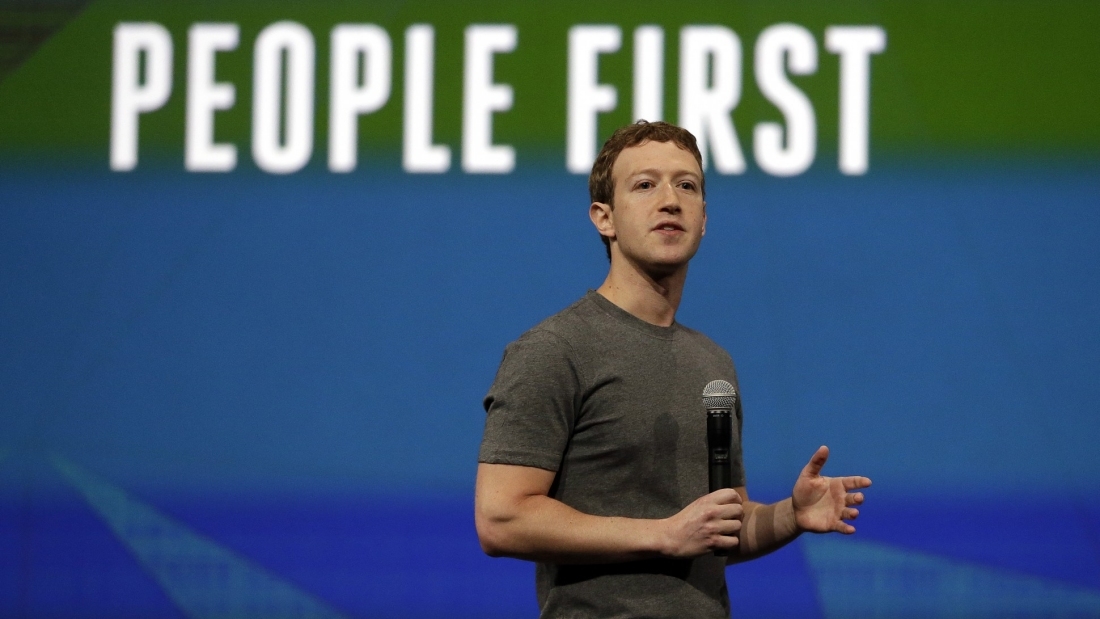Bottom line: It's more bad news for Facebook as the social network is again accused of privacy violations. But the company has disputed parts of the New York Times' report, and says the situation is very different from the Cambridge Analytica scandal.
Facebook might have thought that it could ease up now that the Cambridge Analytica privacy scandal was dying down slightly, but a New York Times report has again put the company's policies under a spotlight. It reveals how Facebook reached agreements with 60 device makers including Samsung, Apple, and Blackberry that allowed them access to large amounts of user data without their consent, which could have violated a 2011 FTC consent degree. It also claims that the firms could access the data of users' friends.
Facebook has issued a response to the article with a post titled "Why we disagree with the New York Times." It says the deals were put in place to help device makers offer Facebook on their operating systems in a time before apps and app stores.
"... we built a set of device-integrated APIs that allowed companies to recreate Facebook-like experiences for their individual devices or operating systems," writes Ime Archibong, Facebook VP of Product Partnerships. "All these partnerships were built on a common interest --- the desire for people to be able to use Facebook whatever their device or operating system."
The post goes on to say that the partners signed agreements that prevented people's information from being used for any other purpose than to recreated Facebook-like experiences, which had to be approved by Facebook's engineering teams. "Contrary to claims by the New York Times, friends' information, like photos, was only accessible on devices when people made a decision to share their information with those friends. We are not aware of any abuse by these companies," added Archibong.
But not everyone agrees with Facebook's downplaying of the situation. Former employee Sandy Parakilas, who led third-party advertising and privacy compliance, told the Times that device partnership was flagged as a privacy issue in 2012.
"It is shocking that this practice may still continue six years later, and it appears to contradict Facebook's testimony to Congress that all friend permissions were disabled," he said.
The Times claims some of the user data device makers could access included relationship status, religion, political leaning, and events. It added that most of the partnerships are still in place, though Facebook began winding them down in April---the month after the Cambridge Analytica story broke.
Responding to the story, Rhode Island Congressman (D) David Cicilline tweeted: "Sure looks like Zuckerberg lied to Congress about whether users have "complete control" over who sees our data on Facebook. This needs to be investigated and the people responsible need to be held accountable."
Sure looks like Zuckerberg lied to Congress about whether users have "complete control" over who sees our data on Facebook. This needs to be investigated and the people responsible need to be held accountable. https://t.co/rshBsxy32G
--- David Cicilline (@davidcicilline) 4 June 2018
